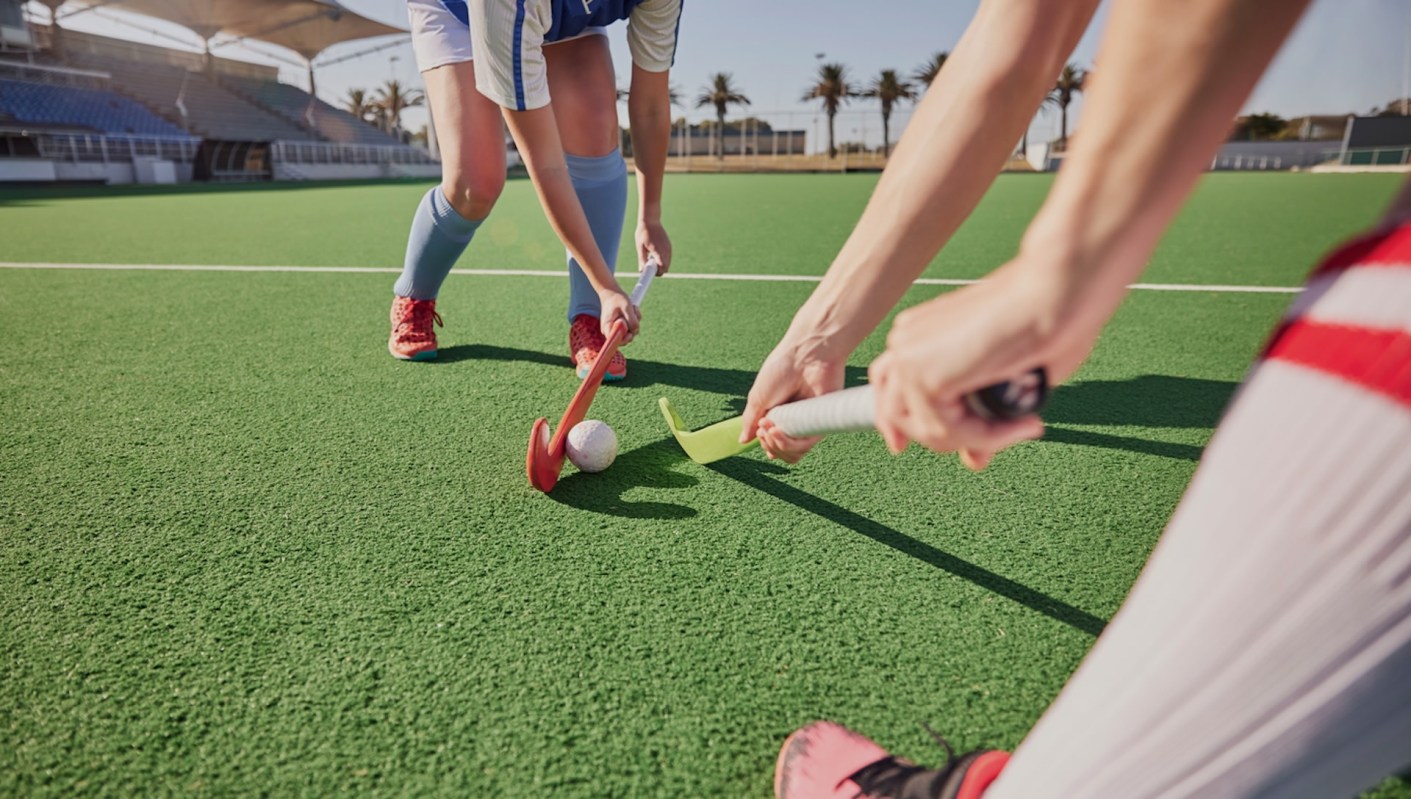New research shows that athletes who play on artificial turf are more likely to be covered in high levels of toxic chemicals used in the making of the turf.
What's happening?
Artificial turf is made using PFAS (per- and polyfluoroalkyl substances), also known as "forever chemicals." These chemicals are incredibly toxic and can find their way into the body by being absorbed through the skin, inhalation, ingestion, or they possibly can get in through open wounds, as the Guardian reported.
The study tested PFAS levels on the skin of several six-year-old soccer players and their coach before and after a soccer game in California, and found PFOS, one of the most dangerous PFAS compounds, increased on three out of four, per the news outlet.
Kyla Bennett, a study co-author with the Public Employees for Environmental Responsibility non-profit, told the Guardian: "In 2024, the last thing we should be doing is putting down acres of a plastic fossil fuel product … with chemicals that are going to get all over athletes' skin, and into soil and water. It just boggles my mind that people are still considering using this stuff."
Why is this concerning?
PFAS have been linked to cancer, liver damage, decreased fertility, and an increased risk of asthma.
Last fall, the NFL Players Association (NFLPA) voiced concerns over players being exposed to the chemicals at the 14 NFL stadiums that use artificial turf, as the Philadelphia Inquirer reported.
Watch now: Solar-powered boats from the Honnold Foundation are making a difference in the Amazon
NFLPA medical director Thom Mayer wrote in an email to the news outlet, "Our question to those who would put players' health at risk is, 'If that were your brother, son, or father exposed to those chemicals, would you take that risk?'"
It's a concern for baseball players too. Per the Inquirer, Philadelphia Phillies players who played on the artificial turf at Veterans Stadium between 1971 and 2003 had a rate of brain cancer three times higher than the average rate among men in the U.S.
Artificial turf also overheats in the sun and releases pollutants like methane into the atmosphere, which contributes to the overheating of the planet and endangers everyone.
In addition, artificial turf sometimes needs to be watered more than natural grass, wasting water in increasingly drought-stricken areas of the country.
TCD Picks » Upway Spotlight

What's being done about PFAS in artificial turf?
Cities and towns across the country have proposed bans or restrictions on the turf in parks because of the health risks the toxic chemicals pose to children, and the NFLPA has asked the league to replace all artificial turf fields with natural grass.
There's also an artificial grass company that makes turf using almost entirely natural products as an alternative to turf made using PFAS. The company claims to use third-party testing to make sure no harmful chemicals are used in its production.
Join our free newsletter for weekly updates on the coolest innovations improving our lives and saving our planet.














